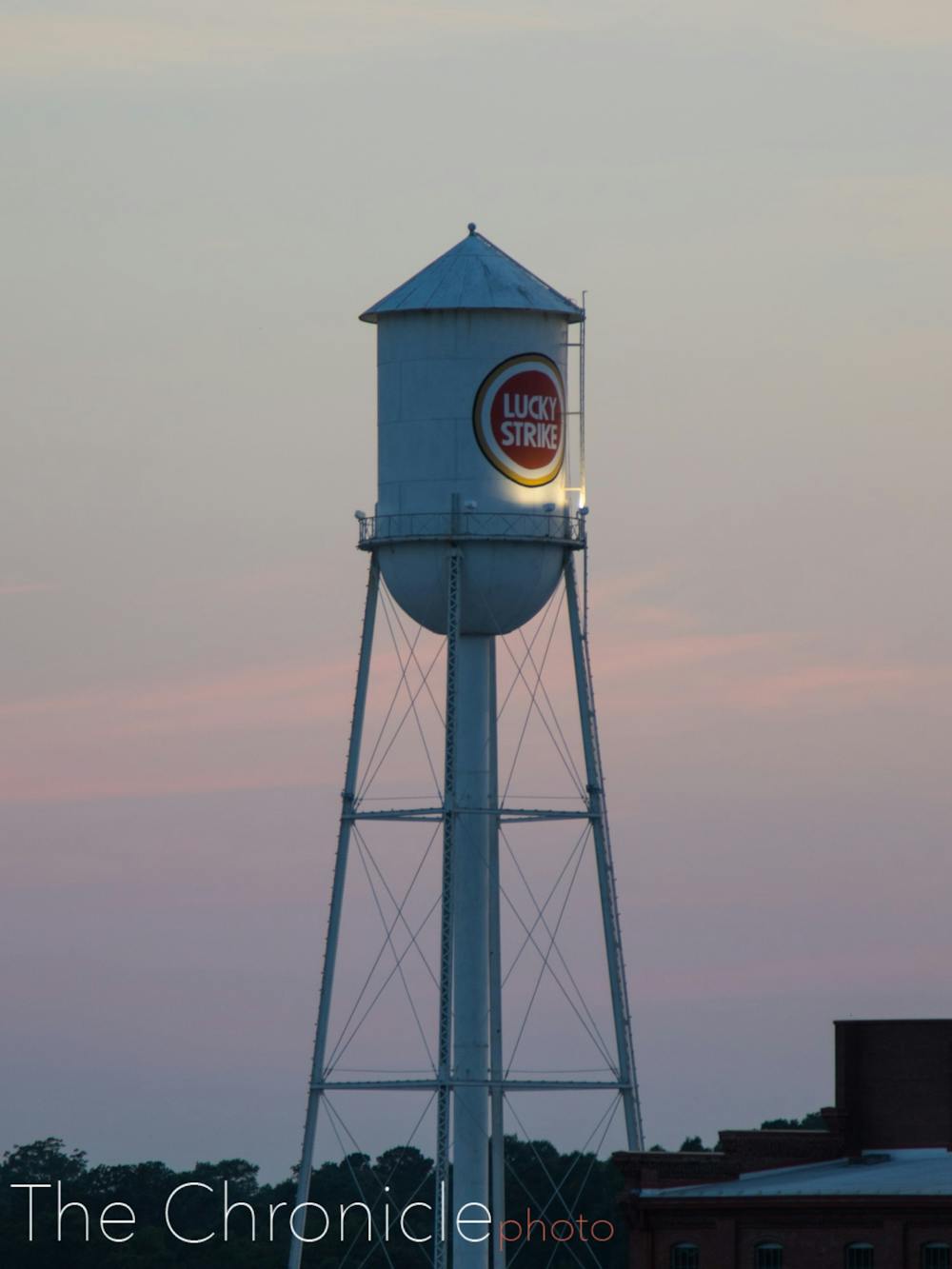Like many growing cities, Durham has a housing problem driven by the gentrification of low-income communities and the displacement of the city’s lowest earners.
Up for a vote on the Nov. 5 ballot is an initiative designed to address the problem—a $95 million affordable housing bond. Neighborhoods like those in east and central Durham and the Southside have seen significant gentrification as social revitalization projects brought wealthier individuals into town. Even increases in green space and parks in these communities have contributed to displacement.
The bond aims to continue a trend set by the Expanding Housing Choices ordinance, passed in September, allowing the city to build more housing units near downtown.
Those in favor of the bond argue that the $95 million it provides would add to the $65 million already allocated to housing projects through regional and federal sources. With that money, the city would implement a five-year plan to build 1,600 new affordable housing units, revitalize old housing and move homeless Durham individuals into permanent housing.
Ray Eurquhart, a longtime Durham activist and newly selected commission member of the Durham Housing Authority, is strongly in favor of the bond.
“Most people know that we need housing,” he said. “They see the homeless when they take a ride, when they go to church, go to the grocery store. Most people have got people in their families who are couch surfing, especially young people. People know there’s a housing crisis in America.”
Not everyone is so enthusiastic about the bond, however. Jackie Wagstaff, former council member and 2019 candidate for the City Council, doesn’t believe the bond will be effective. Other council candidates including Joshua Gunn and Daniel Meier have also expressed concerns about the bond.
“There is a very real homeownership and wealth gap for blacks in Durham which continues to grow and EHC does not fully address the need to create affordable housing options for Durham’s poorest residents,” Wagstaff wrote in a statement to the People’s Alliance PAC.
Durham is working with the Durham Housing Authority to focus on multi-family, permanently affordable units in the city’s gentrifying communities. Providing an avenue for residents making 60% or less of the median area income to rent or purchase a home in these neighborhoods is designed to counter displacement and homelessness created by gentrification-caused rent hikes.
If the bond were passed, the potential housing is designed to be permanently affordable, according to the city’s FAQ on the bond.
Another method for housing expansion is through the Durham Community Land Trustees, which also has a permanent affordability model that allows low-income homebuyers to purchase the cost of the house rather than the entire property.
Eurquhart explained that what distinguishes the bond from other housing solutions is that it includes more detail of how the money will be spent. He said that although some people would like the bond to be $250-300 million, the hope was to get something done immediately.
He also spoke to his own experience having lived in the Southside all his life.
“I’ve been working in housing for over 40 years in Durham. My family didn’t grow up in a home and so that may be why I’m so adamant about affordable and decent housing,” he said.
Wagstaff highlighted that a lot of affordable housing now caters to white individuals just coming out of college, the sort of people who are temporarily low income, young, and living with roommates.
Rather than reducing gentrification, she argued that the bond would further the issue.
“Bonds increase property taxes and inevitably fees for city services, overlooked and underserved residents like seniors, underemployed, youth, and low wage workers cannot afford this,” she wrote in a questionnaire to the Indy Week. “We need a more equitable solution that brings some creative thought to this issue.”
Get The Chronicle straight to your inbox
Sign up for our weekly newsletter. Cancel at any time.

